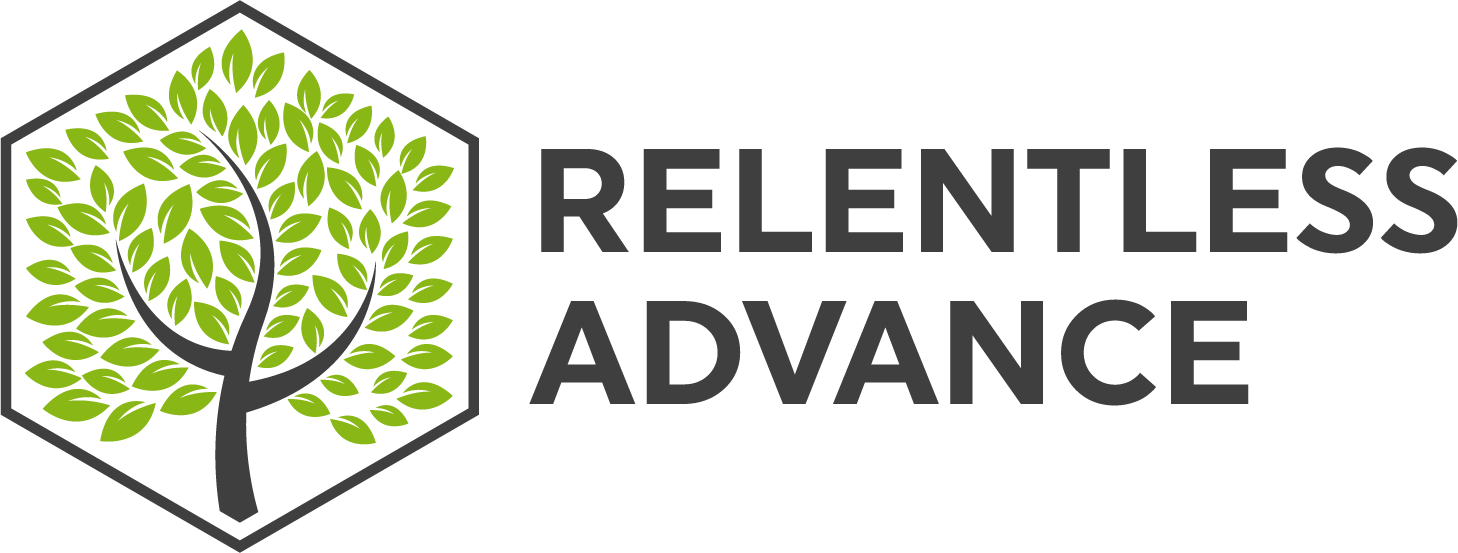Crisis Response Starts with Service Awareness
Police being called to assist in mental health crises is one of the issues that isn’t mentioned in the linked article below. Yes, police are called in these instances however, it should not be the first response for a mental health crisis call.
In my community, NAMI conducts a crisis intervention team (CIT) training. This training is also offered to other professionals and community members. The main failure in other communities is when consumers are not aware of other available resources for crisis response. The Fox Cities has a 211 number you can call that provides a list of community services which also includes the county crisis line.
If a family member called someone without a weapon who had a professional license and training, situations could be handled through dialogue and the therapeutic relationship that develops when professionals meet with clients in intake appointments. Using community crisis services may also offer insight into the client who may already have history with a professional. Also, many people who have experienced trauma can see police presence as a triggering event, furthering the breakdown of a crisis response.
I don’t necessarily blame police, I blame their training protocols and the quickness in which a weapon is used when responding to a situation. In no way do I think police shouldn’t remain vigilant or protective of their own safety. However maybe there can be less of an emphasis on the fact that police carry guns and guns can exacerbate a crisis situation. There are tazers and rubber bullets that can also be used when people are able to properly assess the level of immediate danger.
https://www.washingtonpost.com/news/post-nation/wp/2015/12/29/why-police-calls-involving-the-mentally-ill-often-end-in-tragedy/
